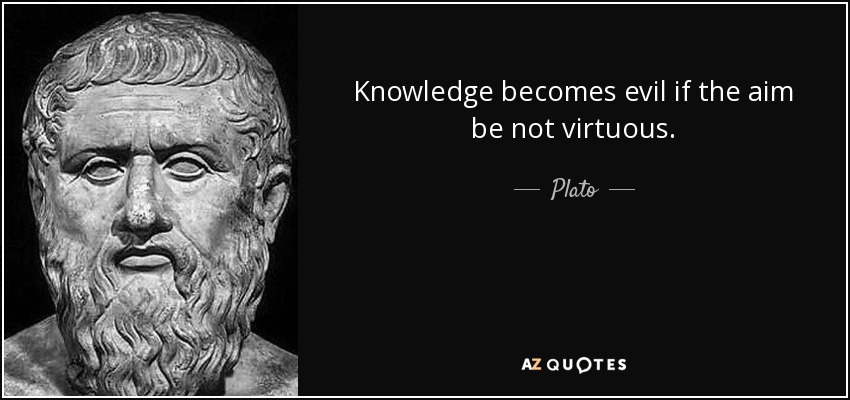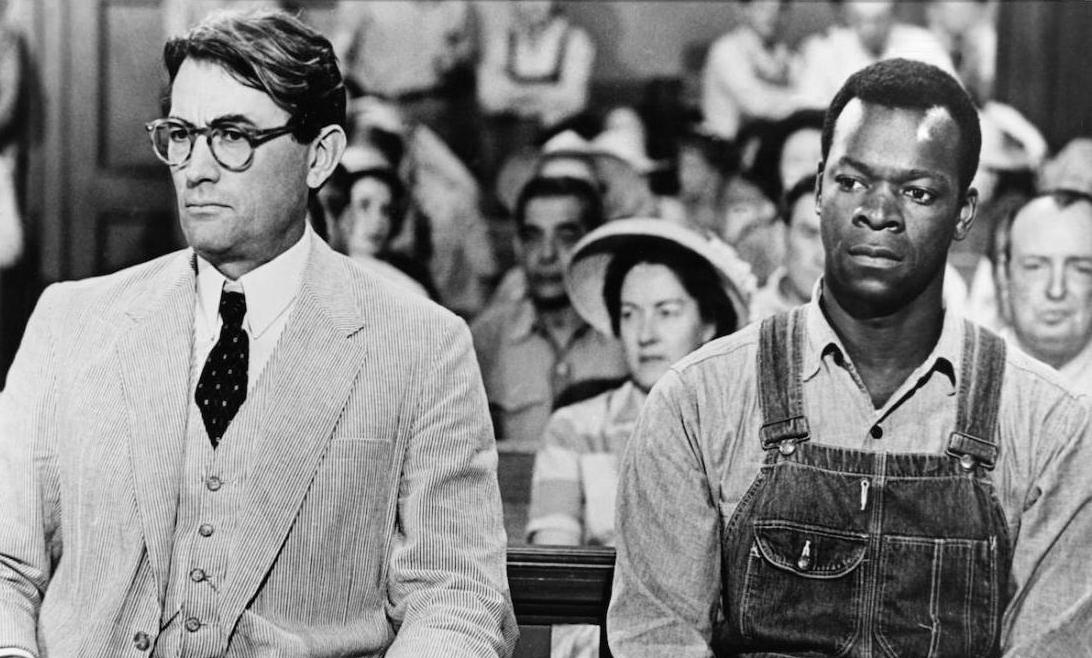Stereotyping, Rationality, & the Cognitive Architecture of Virtue
Alex Madva Cal Poly Pomona alexmadva.com Tamar Szabó Gendler (2008, 2011), and subsequently Andy Egan (2011), have argued that implicit biases pit our moral and epistemic aims against each other. They cite research suggesting that the strength of implicit biases correlates with the knowledge individuals have of prevalent stereotypes, even …


